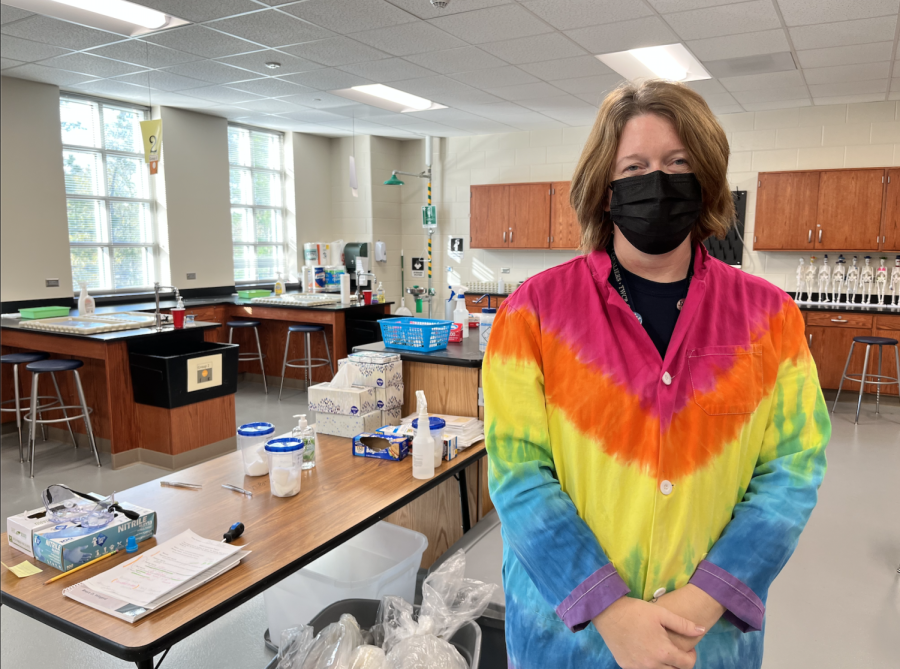Rabbit Season
January 28, 2022
Walking through the new 1700s wing for the past week there has been an undeniable smell of something in the air. That something is not necessarily pleasant, but it is a crucial part of one of the more interesting classes offered on campus. Ms. Joey Hickman’s anatomy class has begun their long anticipated rabbit dissection.
“Anatomy means to dissect,” Hickmen said.
This is what she says whenever anybody asks if the dissections are absolutely necessary for the course. She believes that the class wouldn’t be the same without their labs or their materials. It can be difficult to find the right kind of subjects for dissection, but Hickman believes that rabbits are one of the best options.
“Rabbits are good because they are big enough to see structure,” Hickman said. “They’re mature, plentiful, and inexpensive.”
All of these aspects help make rabbits the right choice of the classes labs. Allowing students to better study the intrical structures of the body. This being said, where they come from is just as important as the subjects themselves.
“They are byproducts of the meat industry,” Hickman said. “Rabbits like to breed, so any extras are sold to the biologic companies. There, they are euthanized and processed so that we can use them.”
Different biologic companies have different ways to prepare the rabbits for student use. All of which are effective for preservation. However, there is another factor Hickman uses when selecting the company she gets materials from.
“Typically, I prefer Carolina Biological,” Hickman said. “Because they have their own specialized preservative that doesn’t smell as much and isn’t as much of an irritant. I prefer them to not have formalin, a diluted formaldehyde mixture.”
For those walking down the hallway, it wouldn’t seem like this preservative has that much of a difference in smell, but there is an explanation for this. Something happened this year that caused some rabbits to arrive with formalin.
“We got the ones with Formaldehyde by accident,” Hickman said.
So that answers the question about the smell. It was an accident, but not one that would stop the students from completing their vital labs. The ones that make the anatomy class what it is.
“I think we do lots of cool stuff,” Hickman said. “Dissections and hands-on experiments. I think students should definitely take anatomy.”

